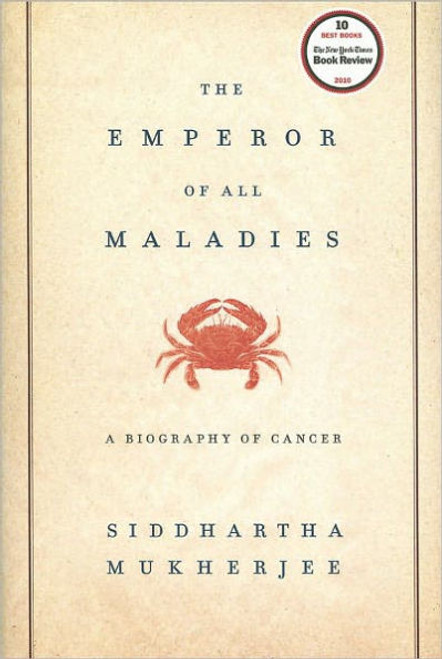Hermann Hesse’s timeless novel explores the quest for spiritual fulfillment and the unity of all existence.
Siddhartha follows the spiritual journey of a man named Siddhartha during the time of the Buddha. Discontent with the rituals and dogma of his Brahmin upbringing, Siddhartha sets out on a quest for deeper meaning and enlightenment. Alongside his friend Govinda, he explores various paths, including asceticism, sensual pleasures, and material wealth. Despite achieving success in the material world, Siddhartha remains spiritually unfulfilled. His journey takes a pivotal turn when he encounters a humble ferryman named Vasudeva, who teaches him to listen to the river and find enlightenment in the unity of all existence. Through this, Siddhartha ultimately attains a profound understanding of life, realizing that true wisdom cannot be taught but must be experienced.
Translated from the German by Rika Lesser
With an Introduction and Notes by Robert A.F. Thurman
About the Author
Hermann Hesse (1877-1962) was a German-Swiss poet, novelist, and painter known for his explorations of an individual’s search for authenticity, self-knowledge, and spirituality. Born in Calw, Germany, Hesse's works are deeply influenced by his interest in Eastern religions and philosophy, which he encountered during a journey to India. His most famous novels include Demian, Steppenwolf, Siddhartha, and The Glass Bead Game, each reflecting his quest for self-discovery and enlightenment. Hesse's writing often delves into the dualities of human nature and the reconciliation of opposing forces. Awarded the Nobel Prize in Literature in 1946, Hesse’s literary legacy continues to inspire readers worldwide with its profound spiritual and philosophical insights.





